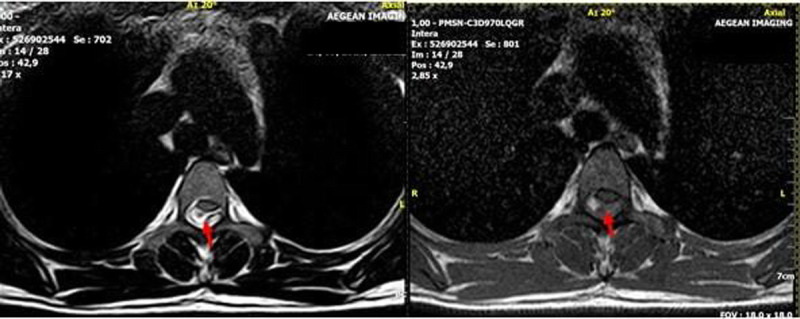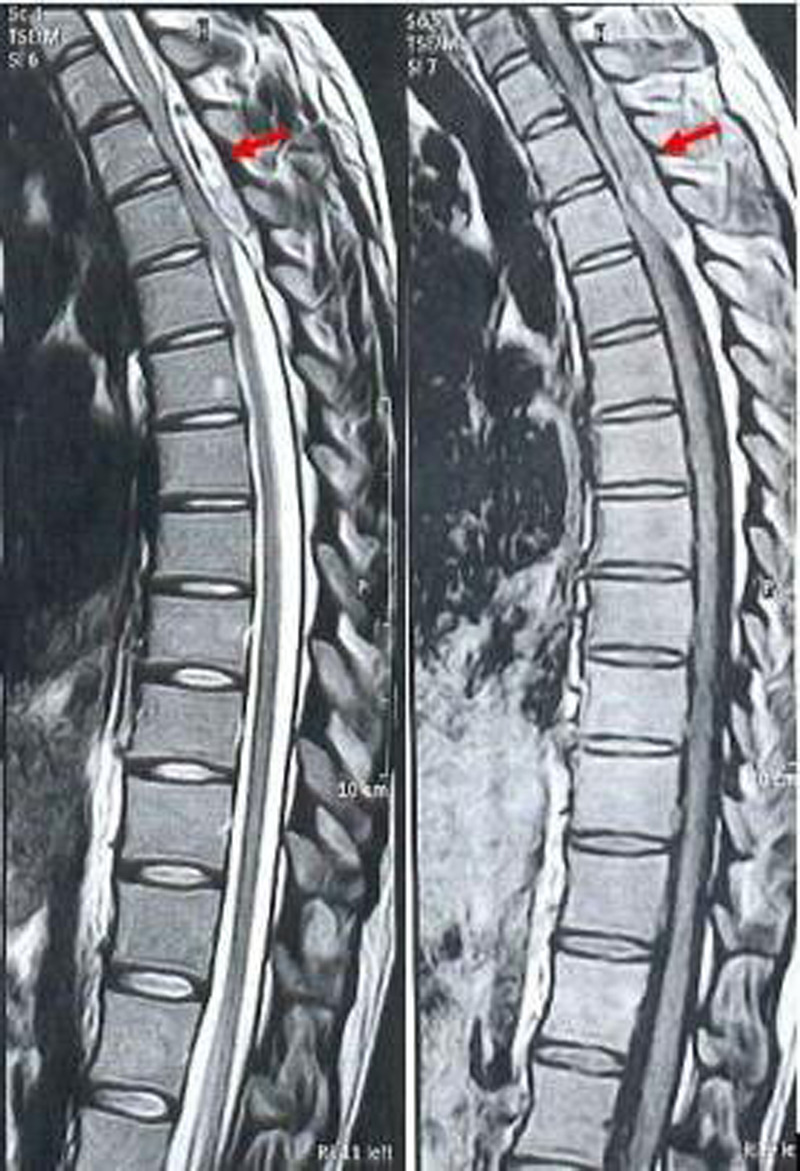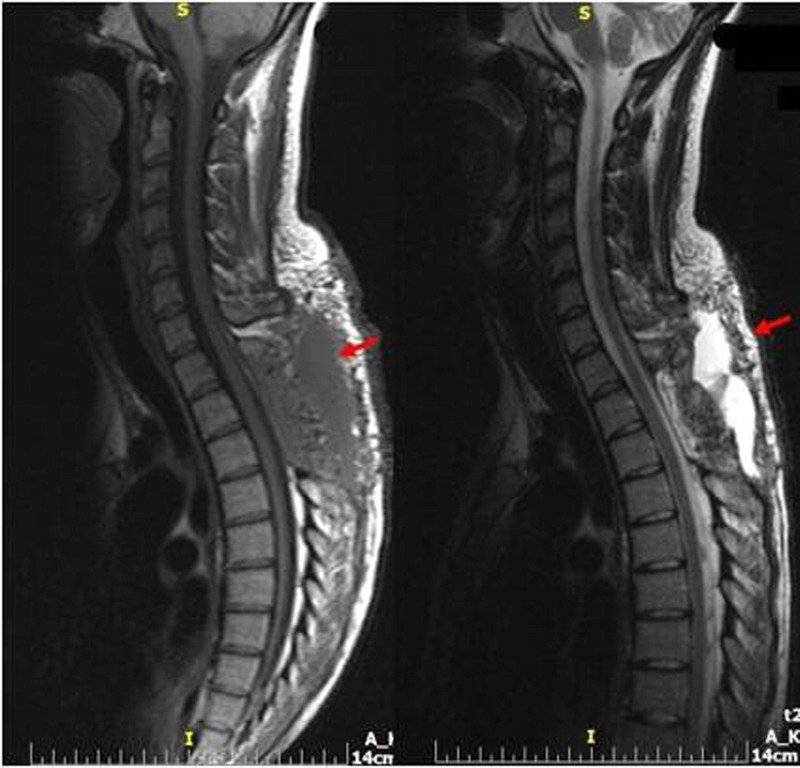{"title":"Spontaneous Thoracic Spinal Epidural Hematoma During Pregnancy.","authors":"Ioanna Papadimitriou, Artemis Apostolou, Antonios Vakis, Christos Tsitsipanis","doi":"10.1097/FM9.0000000000000165","DOIUrl":null,"url":null,"abstract":"","PeriodicalId":74121,"journal":{"name":"Maternal-fetal medicine (Wolters Kluwer Health, Inc.)","volume":"5 1","pages":"54-57"},"PeriodicalIF":1.7000,"publicationDate":"2022-09-26","publicationTypes":"Journal Article","fieldsOfStudy":null,"isOpenAccess":false,"openAccessPdf":"https://www.ncbi.nlm.nih.gov/pmc/articles/PMC12094423/pdf/","citationCount":"0","resultStr":null,"platform":"Semanticscholar","paperid":null,"PeriodicalName":"Maternal-fetal medicine (Wolters Kluwer Health, Inc.)","FirstCategoryId":"1085","ListUrlMain":"https://doi.org/10.1097/FM9.0000000000000165","RegionNum":0,"RegionCategory":null,"ArticlePicture":[],"TitleCN":null,"AbstractTextCN":null,"PMCID":null,"EPubDate":"2023/1/1 0:00:00","PubModel":"eCollection","JCR":"","JCRName":"","Score":null,"Total":0}
引用次数: 0
妊娠期自发性胸椎硬膜外血肿
自发性脊髓硬膜外血肿(SSEH)是罕见的,特别是在怀孕期间。然而,SSEH是一种严重的紧急情况,必须立即处理,以防止母亲的永久性神经缺陷和死产。SEEH的病因和发病机制尚不清楚,尽管文献中描述了多种理论和诱发因素。在这个报告中,我们描述了一个怀孕的女性谁发展SSEH的情况。患者提供书面和知情同意发表她的临床信息和相关图像。在这里,我们报告了一例24岁的女性,孕龄31周,已知因子S缺乏和狼疮抗凝剂阳性,正在接受低分子肝素(LMWH)治疗。这种治疗有可能导致出血。此外,患者报告有10天的背部、乳房和下肢麻木和疼痛史。无外伤史报道。患者表现为急性(12小时)截瘫,立即在当地医院进行了磁共振成像(MRI)扫描,发现T1-T3位背侧硬膜外间隙急性出血(图1,2)。给予皮质类固醇,并通过直升机将患者转移到我们的急诊科,神经学评估显示双下肢力量受损(右:3/5,左:1/5),以及轻触丧失。心脏摄影和腹部超声显示心动过缓,脉搏中位数约为每分钟98次
本文章由计算机程序翻译,如有差异,请以英文原文为准。




